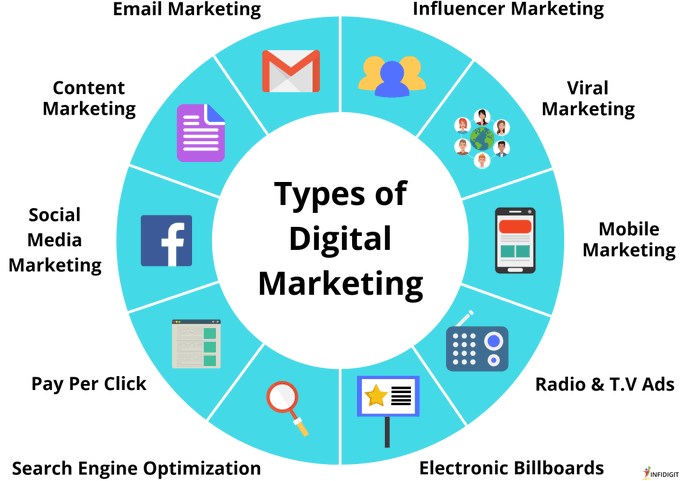|
Getting your Trinity Audio player ready...
|
By Charles Dhewa
Digital technologies have rightly been credited with building new norms and group identities for people who never knew each other. Farmers who used to work in isolation across Africa can now easily find themselves meeting new peers in Whatsapp groups. The same applies with traders who used to compete for the same commodities blindly. Transporters who would incur huge losses through dead mileage can now earn extra income through carrying loans on return trips between cities and farming communities. Not to be left behind, local authorities are now able to share experiences through digital platforms. This is how far digital technologies have transformed African agro-based economies.
Content remains king and queen but beware of data bundle barons
It is unfortunate that data bundle barons are threatening to turn mobile technologies into luxury by always increasing prices. This is happening at a time that poor farmers and other value chain actors are realizing that data bundles are empty without valuable content or relevant information for decision making. Digital technologies are allowing ordinary people to seek and search for the information they need rather than continue to depend on what is pushed to them irrespective of the value.
Some of the just-in-time advice and information farmers are gratefully receiving through self-organized digital platforms relates to markets. Increasingly farmers are learning that markets are about trade but in between production and trading, there should be space for the market to breathe. The market should not be chocked by commodities as farmers just push commodities irrespective of demand. A breathing space allows consumers to finish what they will have bought before they systematically invite commodities in line with demand.
Limit to which consumers can buy extra commodities
By availing data and trends in real-time, digital technologies can guide the evolution of policies that can ensure preservation and value addition becomes part of the breathing space for agricultural markets in developing countries. By participating in digital platforms, farmers become aware of the limit to which urban consumers can buy extra commodities. For instance, even if a bucket of maize can go for USD1, an urban household will not buy a ton. Normally when the commodity is readily available, consumers will avoid buying in bulk or hoarding because prices remain favourably low. It is when there are shortages that buying in bulk and hoarding become rampant, pushing prices up.
Every commodity has a potential and premium price which reflects the return on investment. When there is a bumper harvest, prices tend to be suppressed, leading to commodities fetching below normal prices. This also undervalues the contribution of agriculture to the Gross Domestic Product (GDP). Where, for instance, under a normal supply situation characterized by normal profit-making prices, agriculture can contribute USD1 billion, under a bumper harvest-induced glut, prices may fall by 50% which means the sector only contributes half a billion United States dollars.
The power of decentralizing data collection and market regulation
Most of the informative and valuable trends can be understood at the grassroots level when data collection and market regulation is decentralized to local authorities. When efficient systems for managing agricultural commodities at the community level are set up, local authorities and communities will be able to conduct their own regular socio-economic and food security assessments using local statistics. Eventually, local authorities and traditional leaders develop an appetite for information and knowledge about commodities that are moving from their communities to different markets. Such trends can reveal how much the local community is either gaining or losing.
Gone are the days when communities would allow middlemen to buy their goats and cattle without asking where those commodities are going. Pre-digital technology, no one knew whether commodities from local communities were benefitting local people. Now, through digital platforms, knowledge brokers like eMKambo and others can foster economic justice at local level by empowering farmers and local people to question cases where buyers from cities can buy a whole goat for 10USD and sell for 40USD.
Local by-laws can be established stipulating points at which certain quantities of commodities will not leave the community because that has implications on the local food security and economic opportunities. For instance, it can be agreed at a local level that no one is allowed to sell female goats or cattle unless one has more than 10 of these animals because unregulated marketing can deplete the local community of the best livestock genetics. Livestock-based communities should not just allow cattle to be sold. That can happen if local authorities have knowledge brokers able to educate people on the importance of preserving their resources against the love of money.
The value of an African community is in its cattle, goats, indigenous fruits, and other natural resources. By allowing commodities to leave their community without asking questions, people are losing water, soil nutrients, pastures, and other resources that will have been used to produce those commodities. African mass markets are an important reminder of how important community is as well as the value of being with others who strive for excellence and growth.






